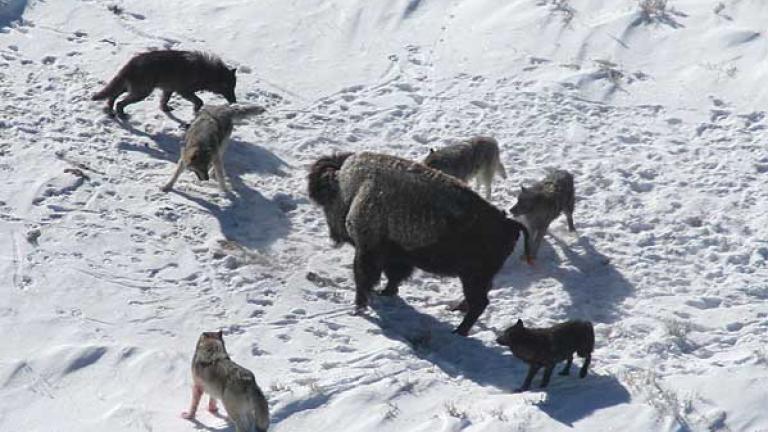
We have seen some spirited debate on this site over the merits of individual climate action. Some have argued that climate is bunk and that focusing on voluntary individual action is a neoliberal plot to keep climate action from taking on the real bad guys: big corporations and their political enablers. Another recent example: dealing with workplace stress by meditating instead of fighting for better working conditions. As they say, look for the deep structures of oppression, not the shallow thorns.
I like me some good anti-neoliberalism though one has to guard against armchair revolution. It's a lot easier to rail against neoliberalism on Facebook or the Guardian or ClimateX than in Honduras where the killers were trained by US special forces and the coup organizers had tied to US presidential candidates (not the one who won). Then there's the fact that even in the US, environmentalists are finding themselves clubbed with terrorists and hackers as "persons of interest" to the surveillance apparatus. So if one'e really thinking big picture, might as well include the security state along with neoliberal corporations and be ready to be killed or jailed. Whatever we choose to do, there's the additional problem of how these individuals will be organized into a collective. Who's going to do that? There was a time when people thought it was the job of the revolutionary parties to provide such leadership - I am sure there's an app for that now.
But I also think we are creating a false opposition between the individual and the collective. Here's my biggest problem with that framing: the isolated individual who drives a Hummer or a Prius and is in need of organization is a limited frame, valid perhaps only in certain countries of the West. Let's consider a farmer in Uttar Pradesh who's thinking of switching to solar. You would think that's a quintessentially individual act, but I can't imagine any farmer there choosing to do so on their own; chances are such decisions are greatly influenced by community dynamics. That is to say, what might appear to be an individual act in Boston will take on a collective angle in Muzaffarnagar.
What am I trying to say here? The posing of the problem as one of individual versus collective action carries within it the very dynamic it's trying to address. Neoliberalism can't survive without widespread acceptance of individualism, especially consumer individualism (get your own bag, as the famous Frito Lay ad said) and which is why it's as much a shift in culture and society as it is a struggle against corporations.
Or to put it another way, the trans-atlantic slave trade and subsequent institution of slavery in the United States was very much a function of early capitalism - cotton from Louisiana went to the mills in Massachusetts and Manchester, but we would think it wrong-headed to protest only the mill-owners and not the everyday institution of racism.
Why would climate be any different?






